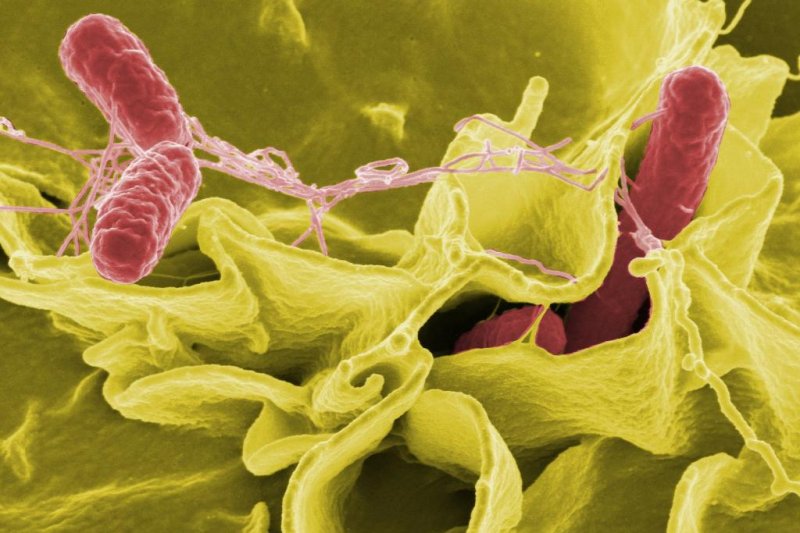Since 2011, the Food and Drug Administration has issued three mandatory food recalls, two of which were linked to salmonella outbreaks. Photo by
Wikilmages/Pixabay
Nov. 6 (UPI) -- The U.S. Food and Drug Administration announced plans to make greater use of its mandatory recall authority to quickly remove unsafe food for people and animals from shelves.
Since 2001, Congress has given mandatory recall authority to the FDA as part of the Food Safety Modernization Act. Mandatory recalls can be issued after companies fail to comply with voluntary ones.
"Fortunately, most companies collaborate with the FDA to rapidly initiate voluntary recalls of hazardous food products," Dr. Scott Gottlieb, the FDA commissioner, said in a press release. "However, we've seen cases where companies don't voluntarily agree to issue a recall of food products that are violative, even if the food products are reasonably likely to cause serious illnesses or death. To me, this is unacceptable."
In a new document, the FDA spells out situations in a question-and-answer format, including listing examples when the FDA would consider using its mandatory recall authority for products consumed by people and animals.
Whether to issue a mandatory recall involves food or feed that will cause "serious adverse health consequences or death to humans or animals."
This includes information from FDA inspections, foodborne outbreak data, high-risk groups affected as well as consumer and trade complaints.
Since 2011, three mandatory recalls have been issued: Salmonella-tainted pet treats produced by Kasel Associates Industries in 2013, OxyElite Pro Dietary Supplements in 2014 because of non-viral hepatitis outbreaks, and all food products containing powdered kratom by Triangle Pharmanaturals LLC after several products were found to contain Salmonella earlier this year.
In the most recent case, the Las Vegas company refused to comply with a voluntary recall. The FDA said its investigators were denied access to the company's records relating to potentially-affected products, and Triangle employees refused to discuss the agency's findings.
"We are committed to ensuring that recalls by companies -- voluntary or involuntary -- are initiated, overseen and completed promptly and effectively," Gottlieb said. "Our goal is protecting consumers. Most of our regulated industry partners share our commitment. But when they don't, Americans should know that the FDA won't hesitate to take steps to protect their health."















